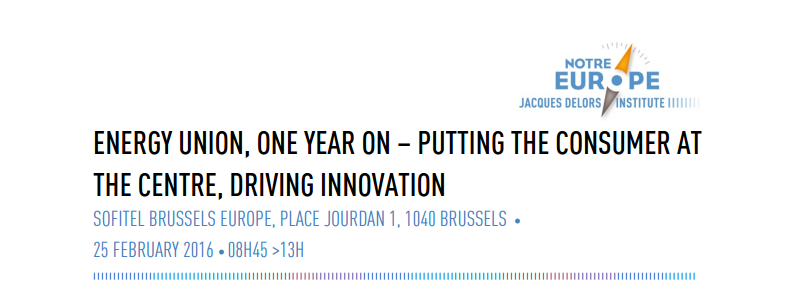Brexit & Tax


The new funding period 2021-2027 is now underway, Cohesion Policy funds have been programmed in all Member States through Partnership Agreements, and most are already starting the implementation.
But how does it work in practice? Who are the managing authorities in charge of implementing the funds? Are Member States privileging centralised or decentralised approach for funds targeting territories? How are the different funds coordinated at central level to avoid overlap, and how do they coordinate with non-Cohesion Policy funds such as the Recovery and Resilience Facility?
These are the questions that will be covered in this training on Cohesion Policy organised by CEMR.
In person attendants will also receive a copy of the Overview of Implementation of Cohesion Policy fund, a new study to be released on the occasion of this event.
Contact : marine.gaudron@ccre-cemr.org
The Great Recession and the European debt crisis have reignited the debate about deeper fiscal integration in the Eurozone. Supporters of further integration argue that fiscal risk sharing is necessary to increase the resilience of the European economy against macroeconomic shocks.
Join us to discuss financial literacy as a key transversal, supporting long-term outcomes like entrepreneurship and employability!
Europe's commitment to a single capital market dates back nearly 60 years.

“Education and training 2020 - giving today's young people the workplace skills they will need”

Building namely on a policy proposal made by the Jacques Delors Institute, the European Commission tabled its ‘Energy Union Strategy’ on February 25th 2015.

The American Chamber of Commerce to the European Union (AmCham EU)
is pleased to invite you to the launch of a new study
“SMEs’ access to Finance: A new “Financing Mix” to be set up within the EU
The Case for Investing in Europe
on Wednesday 24 June 2015 from 14:00 to 18:30